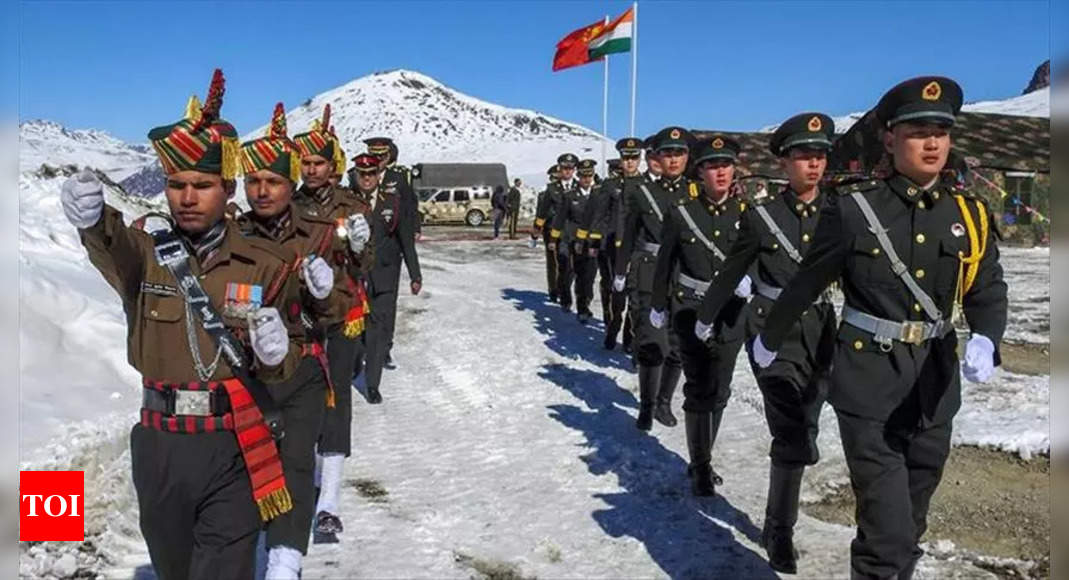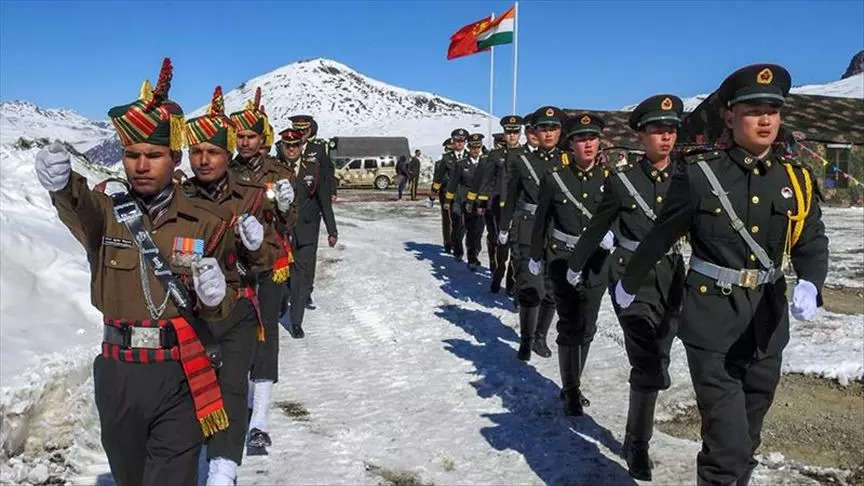[ad_1]
In outlining the two-front challenge that New Delhi facesthe assessment also warned of the risk of an “escalatory cycle” between India and Pakistan, with the inference that India, under the leadership of Prime Minister Narendra Modi, is “more likely than in the past to respond with military force to perceived or real Pakistani provocations.”
The brief section on India-Pakistan however opined that New Delhi and Islamabad “probably are inclined to reinforce the current calm in their relationship” following both sides’ renewal of a cease-fire along the Line of Control in early 2021, while noting that “Pakistan has a long history of supporting anti-India militant groups.”
“Each side’s perception of heightened tensions raises the risk of conflict, with violent unrest in Kashmir or a militant attack in India being potential flashpoints,” the assessment said.
While there was an element of positive projection with regards to India-Pakistan ties, the prognosis regarding China was bleak, both in the case of New Delhi’s and Washington’s ties with Beijing. The 40-page report noted that previous standoffs between China and India have demonstrated that persistent low-level friction on the Line of Actual Control (LAC) has the potential to escalate swiftly.
The fact that India was positioned in a tough neighborhood was evident in the report’s section on potential interstate conflicts, where aside from a preamble that mentioned the war in Ukraine, two of the three face-offs meriting “immediate US attention” involved India, with the Azerbaijan–Armenia clash the only other one cited. There was hardly any mention of numerous other conflicts in Asia and Africa.
The assessment was heavy on China and US tensions with Beijing and Moscow grabbing most attention. There were nearly 100 mentions each of China and Russia, and only five on terrorism, a topic that animated geo-political discourse for nearly 30 years.
“Strategic competition between the United States and its allies, China, and Russia over what kind of world will emerge makes the next few years critical to determining who and what will shape the narrative perhaps most immediately in the context of Russia’s actions in Ukraine, which threaten to escalate into a broader conflict between Russia and the West,” the report said.
At a hearing before a US Senate committee on the report, the Director of National Intelligence Avril Haines said China believes it can achieve its goals of dominating its region and expanding its global reach “only at the expense of US power and influence.”
While the intel assessment said Beijing is in cahoots with Moscow in an effort to weaken Washington’s global influence, Haines suggested that the partnership was opportunistic, and she did not with “see them becoming allies,.. the way we are with allies in NATO.”
“China, which is increasingly challenging the United States economically, technologically, politically and militarily around the world, remains our unparalleled priority,” Haines said in her testimony, reflecting the emphasis in the assessment on China.
[ad_2]
Source link





